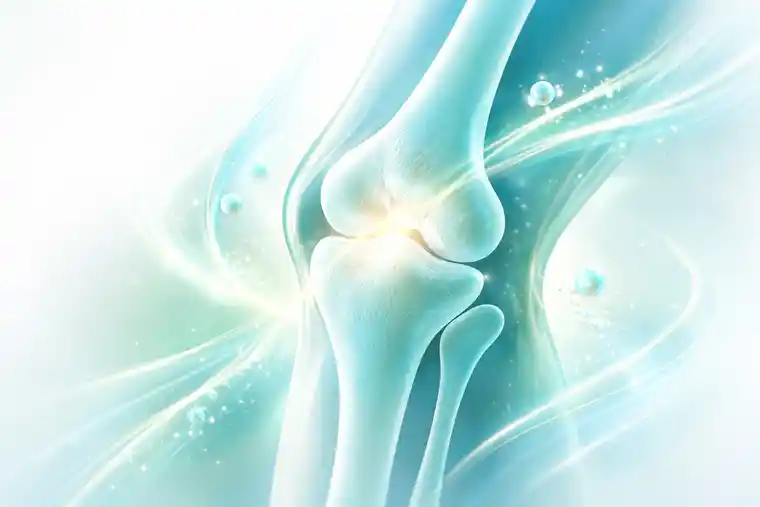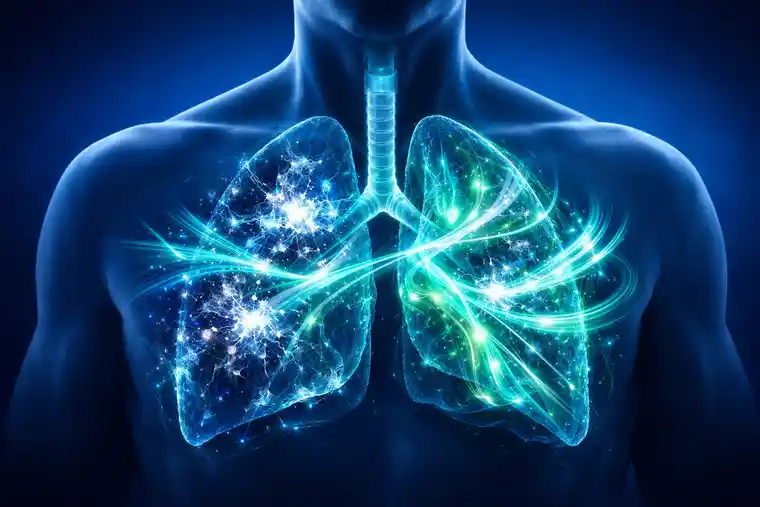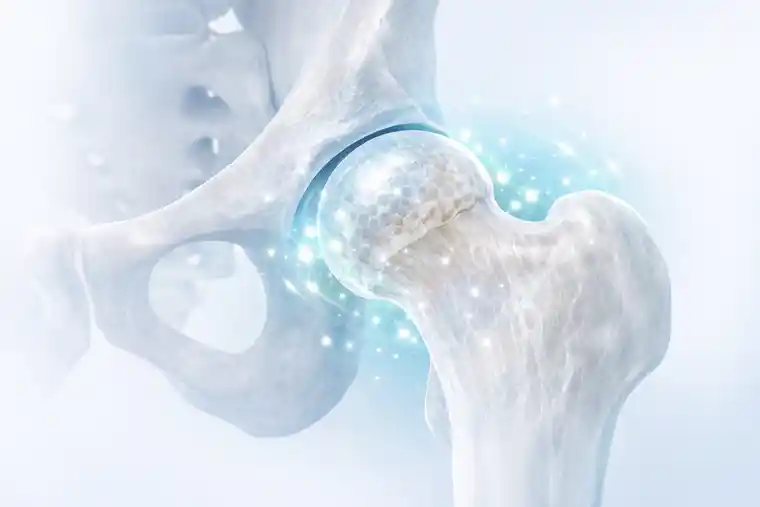Skin Cancer Treatment in ISTANBUL, TURKEY | Best Clinics, Surgeons & Prices

We’re here to choose the most suitable clinics for your skin cancer treatment in Istanbul and to be with you on this journey.
Most popular clinics for skin cancer treatment in Istanbul
Istanbul offers numerous reasons why it should be chosen for skin cancer treatment.
Istanbul stands out with its high-quality medical infrastructure and experienced healthcare professionals. In this city, treatment costs are often more economical compared to Western countries. Additionally, you can benefit from quicker access to cancer treatment and communicate with multilingual healthcare staff.
Istanbul also offers the advantage of its rich cultural heritage and tourist attractions, making it an appealing destination for medical tourism. Healthcare facilities provide access to cutting-edge treatment options.
Read everything you need to know about skin cancer treatment here. The most commonly used methods for skin cancer treatment include surgery, radiation therapy, topical medications, cryotherapy, photodynamic therapy (PDT), targeted therapies, and immunotherapy. These aim to control skin cancer, shrink or destroy the tumor, and prevent the spread of the disease.
Let’s get started!
If you have any questions, just contact us and let us help you! We are looking forward to your call!
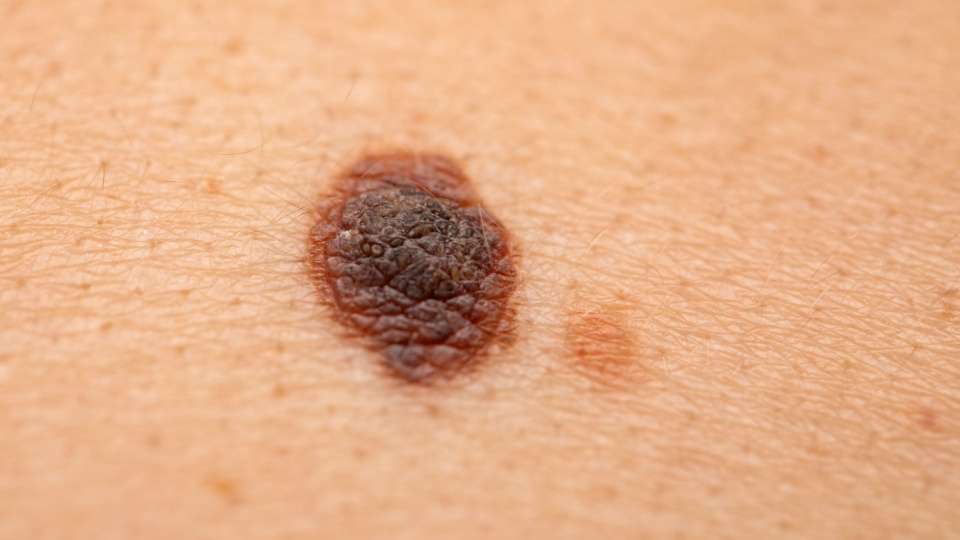
Table of Contents
So What Is
- Skin cancer is a type of cancer that occurs when skin cells grow and multiply uncontrollably. Skin cancer typically develops in areas exposed to the sun (such as the face, neck, hands, arms, and back) but can also occur in other parts of the body.
- There are two main types of skin cancer:
- Melanoma: This type of skin cancer originates in melanocytes, cells that produce pigment, and results from the abnormal growth and multiplication of these cells. Melanoma is more aggressive compared to other types of skin cancer.
- Non-Melanoma: Non-melanoma skin cancer is further divided into types such as basal cell carcinoma (BCC) and squamous cell carcinoma (SCC). These cancers develop due to the abnormal growth of basal or squamous cells in the skin. Non-melanoma skin cancer is typically less aggressive and more treatable than melanoma.
Treatment Plan
Diagnosis
Skin cancer diagnosis is typically conducted by a dermatologist or oncologist. During the examination, the doctor inspects skin lesions for potential signs of cancer.
If there is suspicion of skin cancer, a biopsy may be performed. This procedure involves taking a small sample from the skin for laboratory examination. Biopsy results help determine the type and stage of the cancer.
Staging
After diagnosis, the stage of skin cancer is determined. Staging is a process used to assess the extent and size of the cancer’s spread.
Treatment Plan
The skin cancer treatment plan is developed based on the diagnosis and staging results. Treatment options may include surgery, radiation therapy, chemotherapy, and targeted therapies.

Skin Cancer Treatment is performed as:
- Surgery
- Radiation Therapy
- Topical Medications
- Cryotherapy
- Photodynamic Therapy (PDT)
- Targeted Therapies
- Immunotherapy
Skin Cancer Treatment for:
- Individuals diagnosed with melanoma
- Individuals diagnosed with non-melanoma skin cancers, especially basal cell carcinoma (BCC) and squamous cell carcinoma (SCC)
- People with a family history of skin cancer
Skin Cancer Treatment Duration:
- Surgery: Surgical duration varies depending on tumor size, ranging from minutes for minor excisions to several hours for complex surgeries, with recovery spanning weeks to months.
- Radiation Therapy: Typically delivered over 2 to 6 weeks, with daily sessions lasting minutes to half an hour each.
- Topical Medications: Treatment duration spans weeks to months, contingent on medication response and lesion size.
- Cryotherapy: Sessions are brief, often minutes, and multiple sessions may be needed, typically concluding in weeks.
- Photodynamic Therapy (PDT): Multiple sessions spaced weeks apart, with the number and duration determined by lesion response and extent.
- Targeted Therapies: Duration varies based on drug type and individual response, often lasting several months.
- Immunotherapy: Extends over several months with regular sessions or infusions, depending on drugs and patient response.
Skin Cancer Treatment Recovery Timeline:
Surgery:
- Recovery from minor surgeries may take a few weeks, with minimal scarring.
- More extensive surgeries may require several months for complete recovery, with potential for more noticeable scarring.
Radiation Therapy:
- Immediate side effects like skin redness or irritation typically improve within a few weeks after treatment.
- Long-term side effects may continue to improve over several months.
Topical Medications:
- Recovery from topical treatments can vary from weeks to months, with some temporary skin irritation.
Cryotherapy:
- Recovery is relatively quick, with skin healing within a few weeks.
Photodynamic Therapy (PDT):
- Redness and swelling usually subside within a few days to weeks.
- Complete recovery may take several weeks to months, with continued sun sensitivity.
Targeted Therapies:
- Recovery depends on drug type and individual response, often spanning several months.
Immunotherapy:
- Recovery and potential side effects can persist for several months, depending on the specific immunotherapy used.
Possible Risks for Skin Cancer Treatment:
- Scarring
- Skin Changes
- Infection
- Bleeding
- Pain and Discomfort
- Skin Sensitivity
- Side Effects of Medications
Aftercare & Healing Process
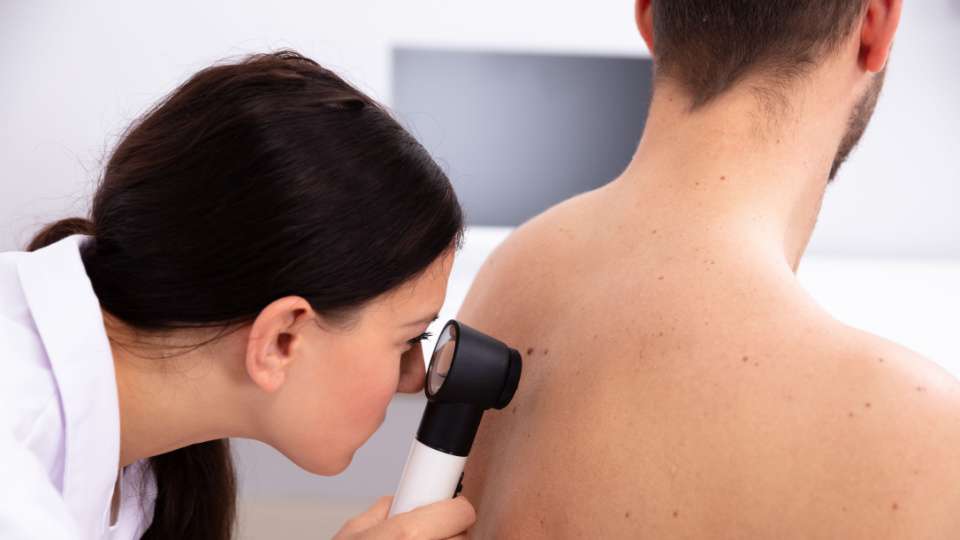
FAQ
What are the advantages of skin cancer treatment in Istanbul?
Advantages of skin cancer treatment in Istanbul may include high-quality medical facilities, experienced healthcare professionals, cost-effectiveness, shorter wait times, multilingual staff, tourism opportunities, and access to advanced treatments.
Is skin cancer treatment in Istanbul safe?
Skin cancer treatment in Istanbul can be safe when choosing reputable medical facilities and experienced healthcare professionals adhering to international standards.
How much does skin cancer treatment cost in Istanbul?
The cost of skin cancer treatment in Istanbul, Turkey, can range from approximately €1000 to €8,000 or more, depending on the type of treatment and the chosen medical facility.
Is cancer treatment good in Turkey?
Cancer treatment in Turkey can be of high quality, with several reputable medical facilities and experienced healthcare professionals specializing in various cancer treatments.
What is skin cancer?
Skin cancer is a type of cancer where skin cells grow abnormally and multiply uncontrollably. It often develops due to factors such as exposure to the sun, prolonged exposure to UV rays, or genetic factors.
What are the symptoms of skin cancer?
Symptoms of skin cancer can include the development of new or changing lesions, moles, wounds that bleed or crust, itching, or changes in skin color.
What is the treatment for skin cancer?
The treatment for skin cancer can vary depending on the type of cancer, its stage, and the overall health of the patient. Treatment options may include surgery, radiation therapy, chemotherapy, targeted therapies, and immunotherapy.
Why is it important to use sunscreen?
Using sunscreen is important because it plays a significant role in preventing skin cancer. Exposure to UV rays can increase the risk of skin cancer, so using sunscreen and protecting yourself from the sun is crucial.
How is skin cancer diagnosed?
Skin cancer is typically diagnosed through a skin examination performed by a dermatologist or oncologist. If necessary, a biopsy may be performed, where a sample of skin is taken for laboratory analysis.
Who is at risk for skin cancer?
Skin cancer risk is higher for individuals who have had multiple sunburns or prolonged exposure to the sun. Additionally, people with fair skin, a family history of skin cancer, and those with compromised immune systems are at a higher risk.
How can I protect myself from skin cancer?
To protect yourself from skin cancer, it’s important to use sunscreen, wear protective clothing when spending extended periods outdoors, develop the habit of seeking shade, and regularly check your skin for any changes. Regular doctor check-ups can also aid in early skin cancer detection.
Get your free consultation
- Need guidance and reassurance?
- Talk to a real person from MedClinics!
- Let's find the perfect doctor together.
